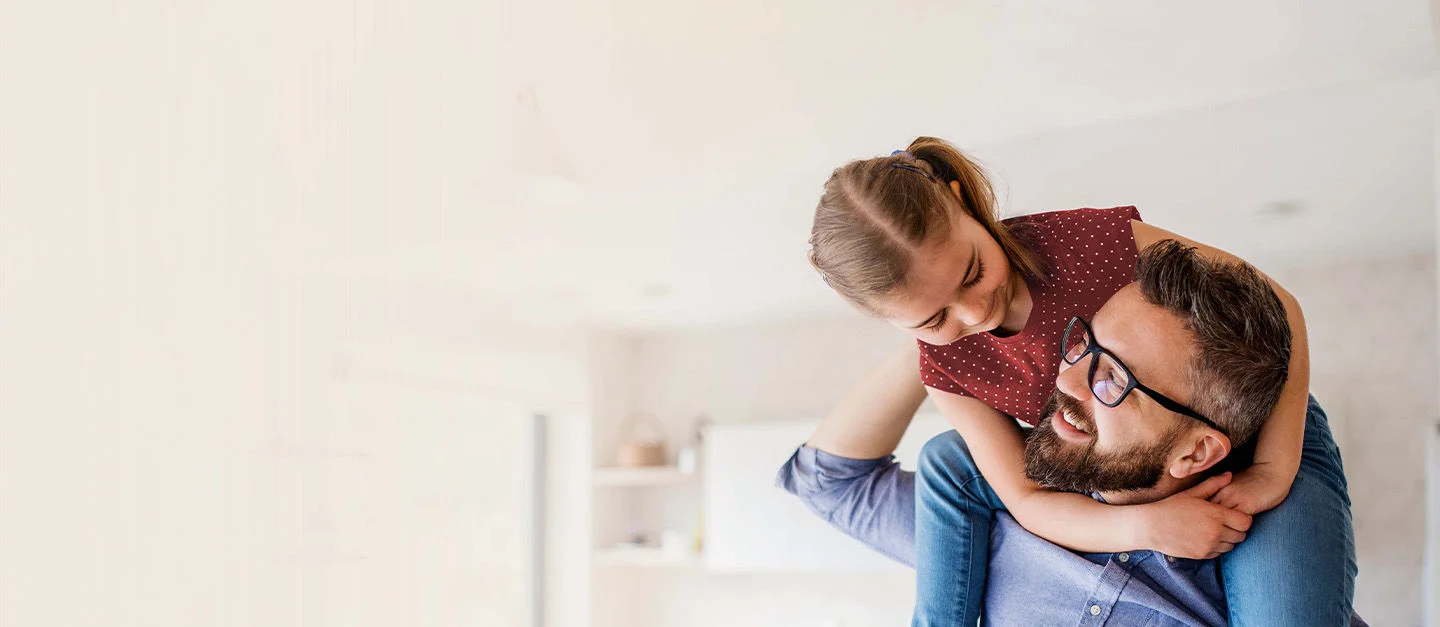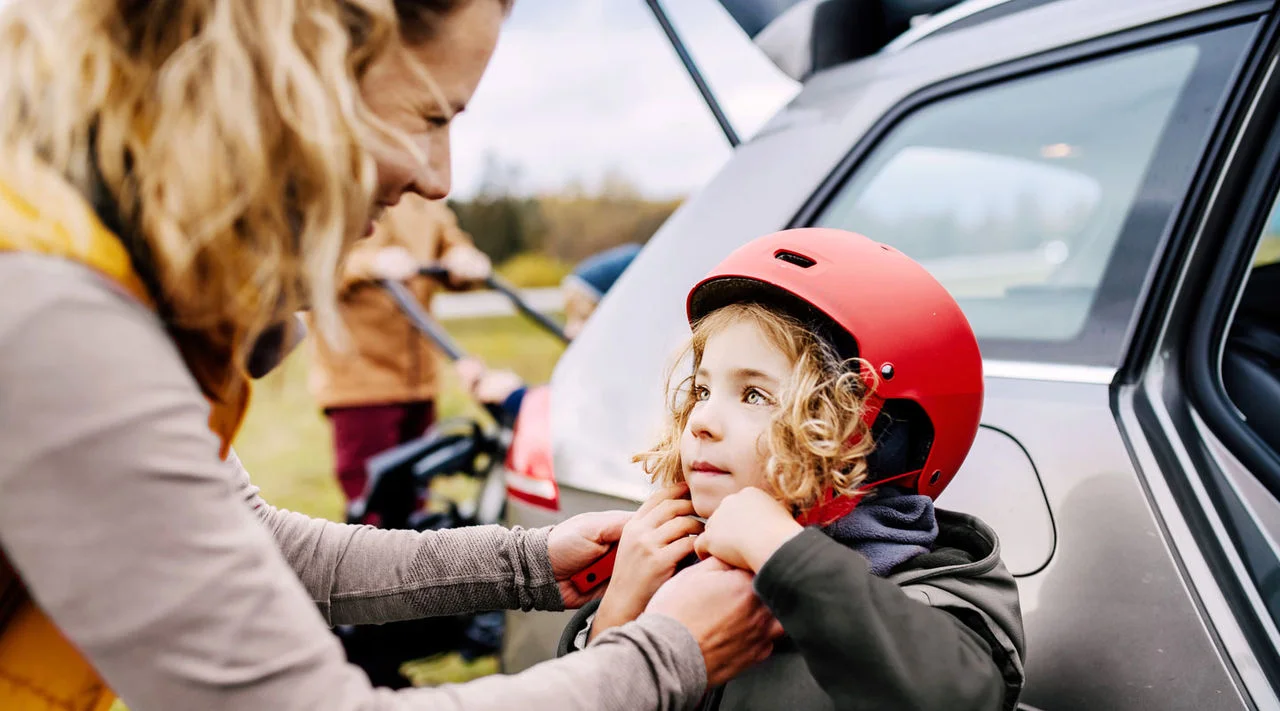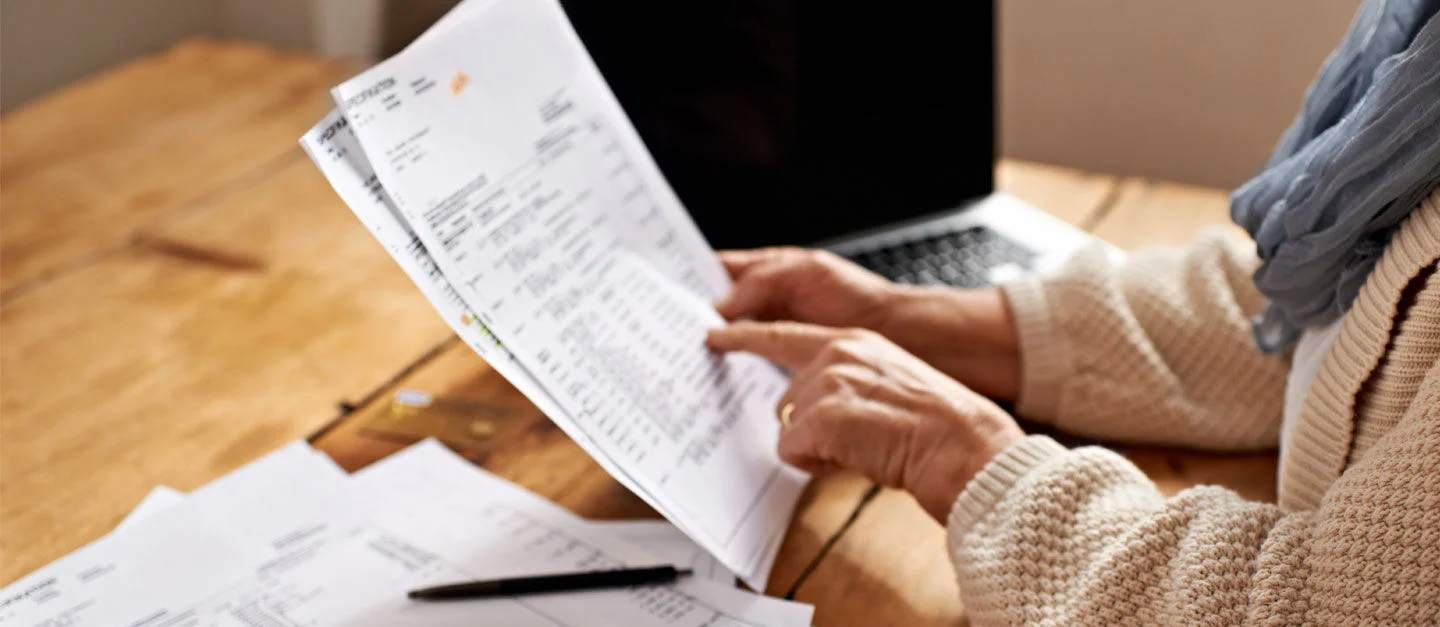Family
Accident insurance for children.
Accidents happen despite precautions. This is where accident insurance helps.
At play, on the go or at home: accidents can happen in the blink of an eye. Accident insurance for children offers financial security and covers medical costs. But taking the right precautions can help avoid accidents.
How are children insured in Switzerland?
Anyone who lives in Switzerland must have compulsory health insurance – that includes children. We recommend taking out an insurance policy before your child is born, but at the latest three months after the birth of your baby. This insurance policy will automatically include statutory accident insurance. This insurance covers the cost of an accident, including the cost of medical treatment, rehabilitation, disability or death.
Does private accident insurance for children make sense?
Children are often active and curious, which increases their risk of having an accident. Because statutory accident insurance often only covers the most essential costs in the event of an accident, it is important to supplement your policy. Private accident insurance for children steps in where the benefits provided under basic insurance end, protecting you from financial fallout. It allows you to secure optimal treatment for your child while profiting from additional benefits, such as rehabilitation options when recovering from physical injuries caused by an accident. In addition, it will cover costs for care and nursing care.
Accidents can also happen while you are on holiday, which is why it is important to select accident insurance that also provides comprehensive protection while you are abroad.
Children: preventing accidents during sports and leisure
Even if you have excellent accident insurance and are well protected, you can do your best to prevent accidents and protect your children. Here are some helpful tips for making sure that your child is optimally protected during sport and leisure activities.
On the playground
The most important playground rule: children should never wear a bike helmet or key ring, because the straps could get caught. Small children, in particular, should not be lifted up onto climbing frames if they are not yet able to climb them themselves.
In and around water
People often underestimate the dangers for children in and around water – approximately three children under the age of nine die in Switzerland each year from drowning. If you are a parent, or looking after a child near water, remember the following:
- Make sure you can always see your child.
- Keep small children close enough to pick them up at all times.
- Buoyancy aids can provide support, but they are not a substitute for a supervising adult.
- Never use inflatable floats to swim out into deep water.
- Never enter the water with a full or empty stomach.
- Cool down before jumping into the water, by showering or spending some time in the shade – jumping into cold water when you are overheated could send you into shock.
If someone has an accident in the water despite these measures, and you are worried they have water in the lungs, do the following:
- Inform the responsible attendant immediately, or call emergency services by dialling 144.
- Do not jump into the water to help without ensuring your own safety first.
- Throw buoyancy aids to the drowning child (such as a plastic bottle, football, etc.)
- If the child is responsive, take off their wet clothes and wrap them in a warm blanket. Warm up the child slowly.
- If the child is unconscious and breathing normally, put them in the recovery position,
- If the child is unconscious and not breathing normally, start chest compressions to the beat of a song such as ‘Stayin Alive’.
Bike riding and traffic
Children are not yet able to accurately assess risky situations. As the parent, therefore, it makes sense to practice road safety in a quiet spot before trying it out on a busy street. Driveways or quiet neighbourhood streets are a good place to do this.
Wait until the child is confident before practising in real traffic. Make sure your child is aware of how to act properly in traffic and of rules such as right-of-way and how to go through a roundabout.
Your child should always wear a helmet, even if you are only going a short distance. Helmets aren’t exactly a means of preventing accidents, but they are a great way to prevent serious injuries. Also make sure your child is easily visible; they should be wearing bright clothing or special accessories such as a safety vest.
On the trampoline
Kids just love jumping on the trampoline, whether they are at home or at a friend’s house. Trampolines may look harmless, but they can be the cause of serious accidents. Make sure you are taking all the necessary precautions for preventing accidents by doing the following:
- Make sure the trampoline is on solid ground and well secured. Make sure there are at least two metres between the trampoline and any other items or obstacles, such as buildings or trees.
- Adding a safety net to your trampoline can help prevent serious falls.
- Check the condition of the trampoline regularly before allowing children to jump on it.
- Only ever allow one child to jump on the trampoline at a time, in order to prevent collisions.
- If your child is tired or worn out, they are at higher risk of an accident, so make sure they take regular breaks.
Avoiding accidents at home
Most accidents occur in the home – this is particularly true for children. Even very small interventions and specific child safety measures can help prevent accidents and keep children safe in your home.
Windows and balconies
Children love to climb and discover new things. Make sure that any climbing aids, such as chairs, sofas, boxes or other items, are not placed in front of windows or balcony railings. Add special child-proof locks to your windows and balcony doors. Never leave children alone in a room with open windows or doors.
Stairs
Stairs also mean that your child is at more risk of falling. The best measure here is to add a child-proof gate to the top and the bottom of the stairs. Make sure that the gate opens away from the stairs, and check that it is secure at regular intervals. You should also make sure to practice going safely up and down the stairs with your child from an early age.
Furniture
When children are first learning to walk, they are usually still quite wobbly and use furniture to hold on to in order to get from place to place. Not only that, but they are then also suddenly able to see and reach new objects. Large pieces of furniture are particularly dangerous, and could tip over in a worst-case scenario. That is why you should make sure to attach cupboards and bookcases to the wall. This also applies to your TV – there are special anti-tip systems for TVs, so you won’t have to screw the whole device onto the wall. Use corner protectors on furniture with sharp edges and corners to prevent your child from hurting themselves.
Make sure all cleaning products and medications are stored in a place that your child cannot reach. Alternatively, you could add magnet locks to your cupboards or drawers to make sure that your child cannot open them. This type of child safety lock is often self-adhering and can be installed without a drill.
Electric sockets and devices
Children notice electric sockets very quickly after starting to crawl, because they are right in their line of vision. It’s not uncommon for them to stick their fingers or other sharp objects right into the socket. In a worst case scenario, this can lead to serious injuries with severe consequences. Avoid these terrible accidents with socket protectors or special socket caps. This type of safety device blocks individual sockets, making it hard for children to play with them.
But of course, other electric devices such as coffee machines, irons or stove tops can be dangerous too. Never leave these devices on without supervision, and turn them off or pull the plug after use. You should be particularly careful in the bathroom, a place where electricity and water could mix.
If your child is electrocuted despite your precautions, you should interrupt the flow of electricity as quickly as possible – for your own as well as your child’s protection.
- Pull out the plug or turn off the main fuse.
- Separate the child from the source of electricity using a dry, non-conductive object (wood, leather, etc.)
Backyard
To ensure that you can let your children play in your garden freely and without worry, you should pay special attention to pools and water features, such as ponds and fountains. Pay attention to the following:
- Make sure the water is protected by a fence or special covering.
- If the pool is not in use, remove the access ladder (if possible) or empty the pool entirely.
- For water features such as ponds and fountains that are located close to where your child will play, make sure that the water is no more than 20 centimetres deep.
- Never let your children play near water without supervision.
Ideal protection for sport and leisure activities
Even if you take every possible precautionary measure, accidents can still happen. Thankfully, you and your child enjoy comprehensive protection with Allegra accident insurance – and there isn’t even a deductible. The insurance covers costs for the following benefits and more:
- Rooming-in for hospital stays
- World-wide insurance coverage as a private patient
- Hospital costs abroad
- Assistance services
- Daily allowance for hospital, health resort, rehabilitation clinic or Spitex home care
In the event of disability resulting from an accident, we pay a monthly accident pension based on the insured sum you have selected. For the event of an accident that leads to death, you can take out insurance for a monthly pension for the surviving dependants.
| Document | File | Size | |
|---|---|---|---|
| First aid for children | 0,4 Mb |
|
Suitable insurance products









 Contact
Contact
 Find an agency
Find an agency









 Close
Close





